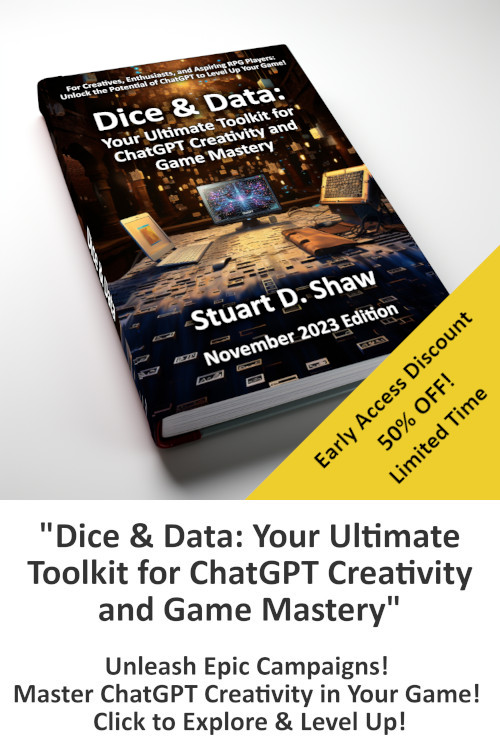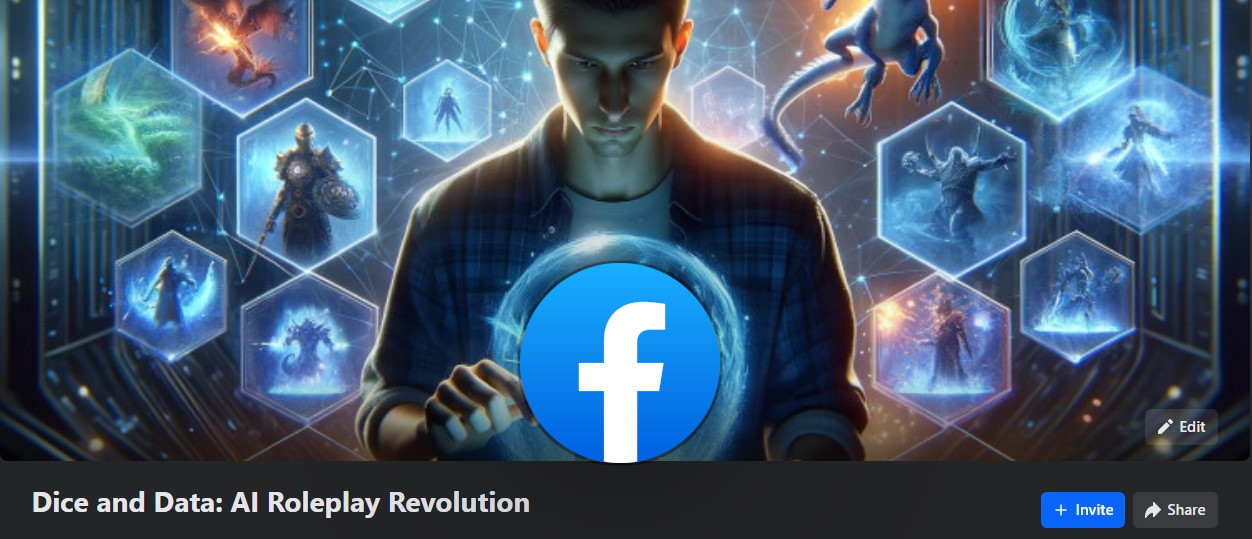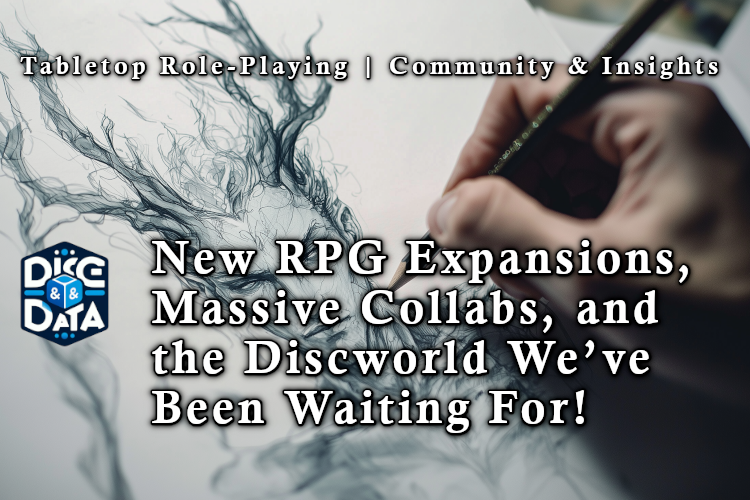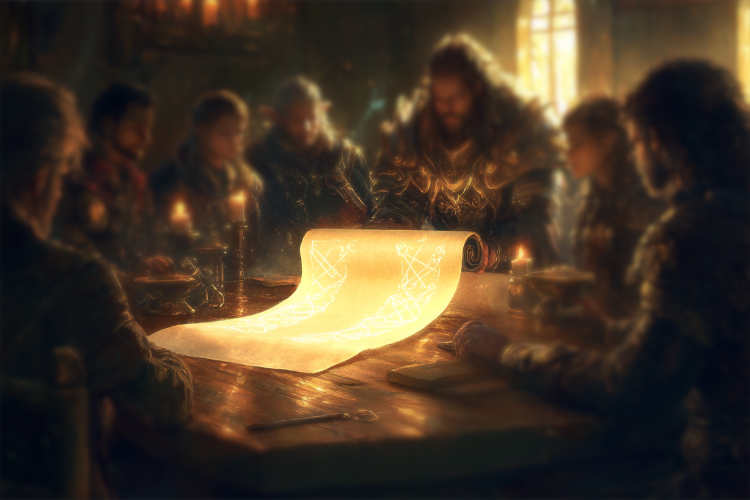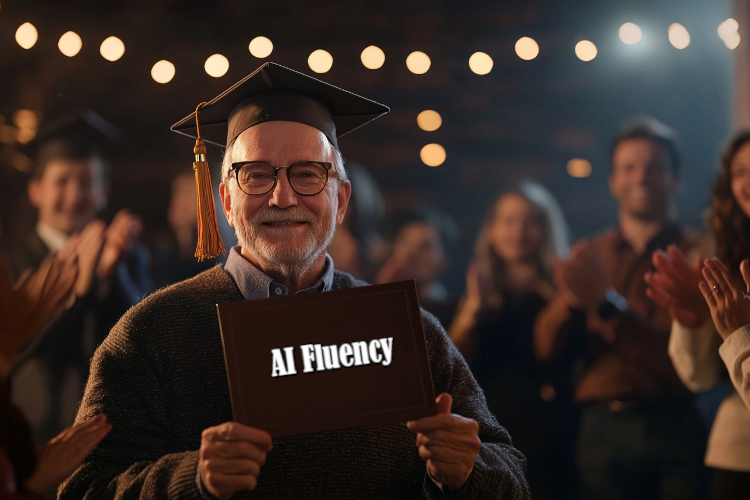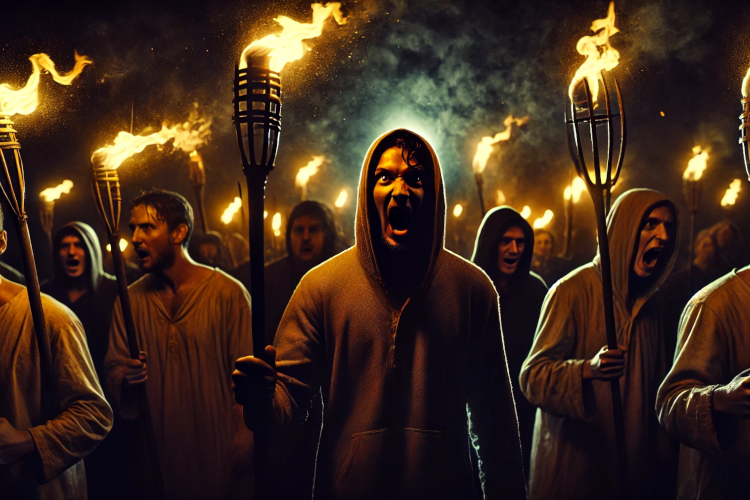
- Home
- RPG AI Blog
- AI Theft Misconception
AI, Creativity, and the Misguided Chorus of "Theft"
Stuart Shaw, 15-Sep-24 — 3 to 4 minutes
As someone deeply invested in both AI and Dungeons & Dragons, I've grown accustomed to the persistent, almost rehearsed cries of "AI is theft" echoing through the digital halls. It's fascinating how quickly a complex issue can be boiled down to a three-word slogan—perfect for a T-shirt but lacking in substance.
Let's hit pause for a moment and take a deep breath. Haven't we danced this dance before? From the printing press to the internet, every groundbreaking technology has faced its chorus of naysayers convinced it would spell doom for society as we know it. Yet here we stand, benefiting immensely from innovations that were once met with suspicion and fear. Perhaps it's time we set aside the alarmist slogans, step away from the groupthink bonfire, and flex our critical thinking muscles to examine what's really going on.
Civil Lawsuits and Legal Actions
Yes, multiple authors, artists, and organizations have sued companies like OpenAI and Stability AI, alleging unauthorized use of their copyrighted works to train AI models without consent or compensation. But let's be precise: these are civil lawsuits focusing on copyright infringement, not criminal theft. The plaintiffs contend that scraping and using their creative content without permission violates their exclusive rights under copyright law.
However, these lawsuits aren't unfolding quite as the plaintiffs might have hoped. Many have seen significant claims dismissed. For example, in a class-action lawsuit against OpenAI, the court ruled that the plaintiffs failed to provide sufficient evidence that AI-generated outputs were substantially similar to their works or that any copyright management information was altered to facilitate infringement. Similarly, in cases involving Stability AI and Midjourney, claims were dismissed due to insufficient specificity—such as failing to prove the generated images were direct copies or derivatives of the plaintiffs' art.
While some claims remain active, courts have generally required plaintiffs to present more concrete evidence of infringement. Allegations like vicarious infringement and DMCA violations have been particularly tough to substantiate. Many cases have been narrowed, with courts granting leave to amend but dismissing several core arguments.
So, while litigation continues and the legal landscape evolves, it's clear that shouting "theft" hasn't translated into courtroom victories. Maybe it's time to acknowledge that complex legal and technological issues can't be resolved with oversimplified slogans. They demand nuanced arguments, solid evidence, and—dare I say—a bit more intellectual rigor than a catchy three-word chant provides.
(Cleary AI and Technology Insights)(Decrypt)(Perkins Coie)
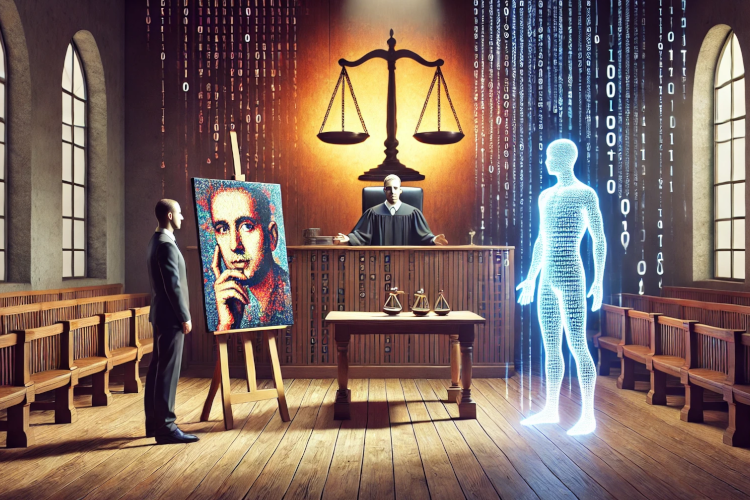
Distinction Between Theft and Copyright Infringement
Here's where the waters get muddied, often intentionally:
- Theft involves the unauthorized taking of someone's property with the intent to deprive them of it permanently. Last I checked, the original works remain intact and in the creators' possession.
- Copyright Infringement occurs when someone uses protected work without permission, but it doesn't necessarily deprive the owner of their property.
In the context of AI training:
- Data Scraping: AI models often use web scraping to collect vast amounts of data, some of which may be copyrighted. It's a practice older than some of these debates.
- Legal Grey Areas: The legality of using publicly accessible data for training AI models is still a grey area and varies by jurisdiction. Shockingly, the law sometimes lags behind technology—who would've guessed?
Ongoing Legal and Ethical Debates
Companies often invoke the Fair Use Doctrine, arguing that training AI models falls under "fair use," allowing limited use of copyrighted material without permission under certain conditions. Meanwhile, there's an ethical debate about the rights of content creators versus the advancement of technology.
But let's be honest: shouting "theft" doesn't contribute to a meaningful discussion. This is a complex issue that deserves more than bumper-sticker wisdom.
Perhaps instead of defaulting to oversimplified accusations, we could engage in meaningful dialogue about how to balance innovation with respect for intellectual property. After all, the Fair Use Doctrine isn't a get-out-of-jail-free card; it's a nuanced legal framework that considers purpose, nature, amount, and effect on the market. Ignoring these subtleties does a disservice to both creators and innovators. By acknowledging the grey areas and working collaboratively, we might find solutions that protect artists' rights while still allowing technology to advance. It's time to move past knee-jerk reactions and start having the conversations that actually matter.
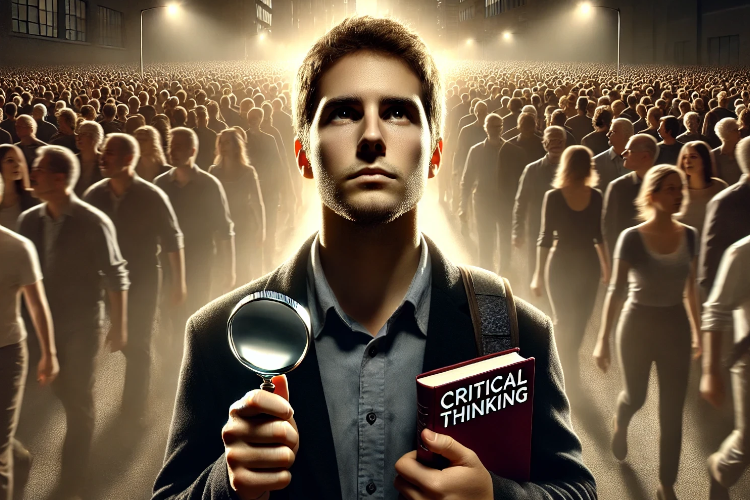
Challenging the Echo Chamber
To those steadfastly chanting "AI is theft," I offer a friendly challenge: let's dust off those critical thinking skills. Groupthink is comfortable—I get it—but it doesn't push us forward. Instead of parroting sensationalist claims, let's dive into the nuances. The world isn't black and white, and neither is this issue.
It's easy to join a chorus when the melody is simple and the lyrics are catchy. But progress isn't made by harmonizing with the loudest voices; it's made by those willing to explore the dissonant notes. So let's step off the well-trodden path of oversimplification and venture into the complex landscape of AI ethics, legal precedents, and technological innovation. By engaging thoughtfully, we might discover that the real solutions lie not in catchy slogans but in informed dialogue and collaborative effort.
Beyond the Mantra: A Call to Intellectual Rigor
In the end, the heart of innovation—and of games like D&D—is enriched by embracing complexity, not shying away from it. If we can harness AI to unlock new dimensions of creativity while thoughtfully considering the ethical and legal implications, then we're on the right path.
So perhaps it's time to lower the pitchforks and pick up a handbook on intellectual property law—or at least entertain a more nuanced conversation. After all, isn't it more productive to have a thoughtful dialogue than to shout into the void?
By embracing AI thoughtfully and intelligently, and resisting the allure of oversimplified slogans, we can navigate these legal and ethical complexities. Let's ensure that AI becomes a tool that not only enhances our experiences but also respects the foundational work of content creators worldwide. Who knows? We might just have a more enlightening conversation than a shouted chorus of "theft!"

Written by Stuart Shaw, a 40-year veteran of tabletop role-playing games. His journey started with Dungeons & Dragons in 1983, and he is the author of "Dice and Data: Your Ultimate Toolkit for ChatGPT Creativity and Game Mastery". Stuart is eager to share his passion and expertise with the world and enjoys writing about news and innovations in the RPG world. Join him on an exciting adventure into the world of TTRPGs. About me.
